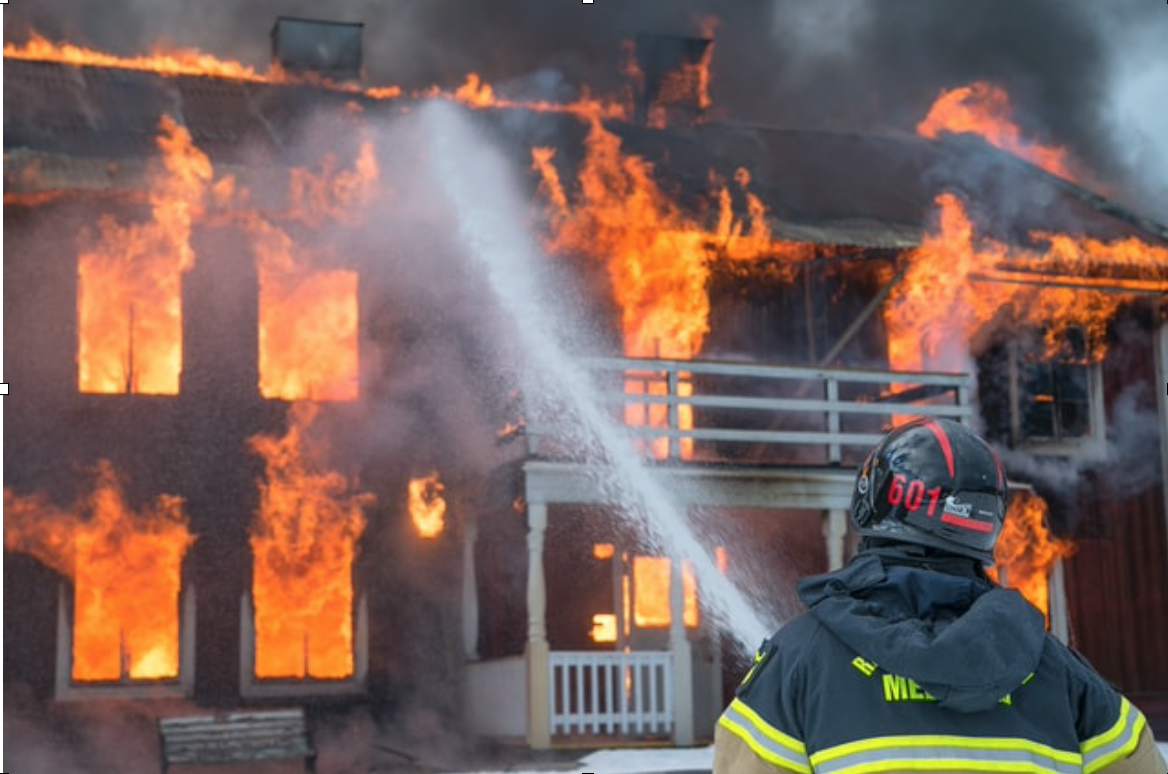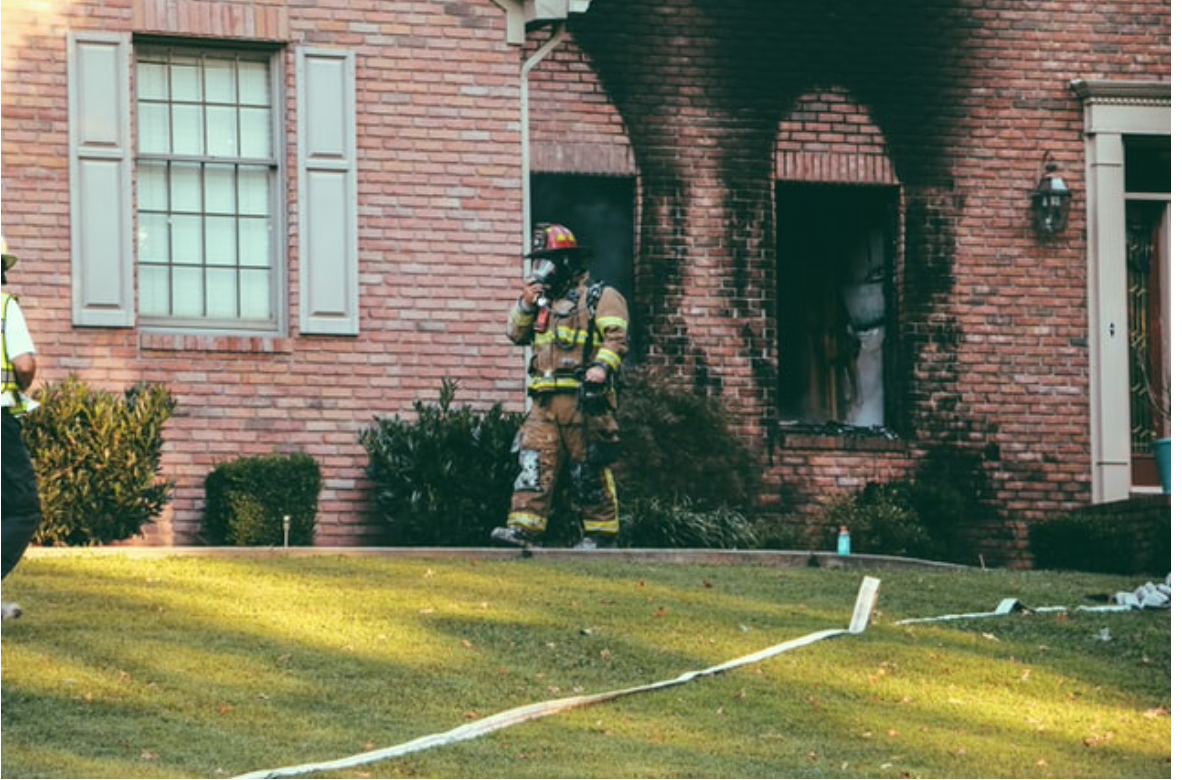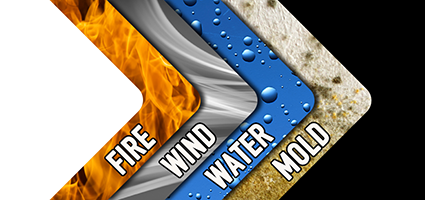
House Fire Checklist: What to Do and What Not to Do After a House Fire
Cleaners with AAA Restoration and Construction Services get ready to clean the 1st Judicial District Attorney’s Office in Santa Fe on Thursday to prevent the spread of coronavirus. (Eddie Moore/Albuquerque Journal)
House fires are a far more common occurrence than several people realize. From 2015 to 2020, house fires caused $6.9 worth of property damage. Most fires were from everyday activities or household appliances; cooking, heating, and electrical malfunction. The most alarming fact about house fires is it takes approximately 30 seconds for a small flame to become a massive blaze.
When a house fire happens, one thing that is sure to accompany it is clouded emotions as you survey the damage. Even after the fire is put out, it is hard to shake this confusion. Blue Door Realty says that apart from fear for the family’s safety, there will be distressing thoughts about the damage to the house and its contents. When people are experiencing heightened anxiety, it is easy to make the wrong decisions.
Terrible decisions of any sort are a problem at any time, regardless of the circumstances, but bad decisions that put your life in jeopardy are doubly horrible. That is why the choices you make after a house fire are critical. It is necessary to know the proper steps to protect yourself, your family, and your belongings after a house fire. It is also vital to know what to do to ensure your insurance claims go through without a hitch.
But this is not information you wait to get after having a house fire. Even though no one wants to have a fire incident in their home, it is essential to prepare for that possibility. During any emergency, people who have some level of emergency preparedness usually fare better than those who do not. Knowing what to do will make it easier to recover if you ever have a house fire.
What to do after a house fire
Take care of your family
First and foremost, see to the wellbeing of your family. Fire incidents can be traumatic for small children. The elderly also succumb easily to smoke inhalation. If you have pets, check them for burns that may be hiding under their fur.
Contact your insurance company
Contact the insurance company or agent as soon as possible. You do not have to have ready answers for all the insurance company’s questions. What is important is that you have started the claim process.
Hire a fire damage restoration company
The insurance company will likely assist you with this step. If you have a preferred fire restoration company, make sure they work directly with your insurance company. You should start damage restoration as soon as possible if you want to salvage more of your stuff.
Find out if you can salvage the house
Depending on how hot the fire was, you may or may not be able to rescue your home. House fires that get up to 600 degrees are hot enough to cause long-term structural damage. The insurance company adjuster should tell you if the home is salvageable.
Only enter the home if it is safe to do so
Ask the firefighter in charge when it is safe to reenter the house. Do not enter the home until you get clearance, and even so, proceed with caution.
Secure your belongings
As soon as you gain access to the home, retrieve important documents first. After this, sort through your stuff for undamaged items; do not retrieve food or cosmetics. Take the packaging for prescription medication so you can replace them.
Request a copy of the fire report
The fire report can help provide information to insurance companies on the cause of the fire. You can get a copy of the fire report from the fire department.
Think about your finances
Note that the payments for your home do not automatically stop when you have a house fire. You still need to make your mortgage payments. If your car was damaged, you still have to make the payments.
Protect your home
You want to protect whatever remains of the house from weather and burglars. Before leaving, visit the local police station and ask them to watch over the property since you won’t be there.
Arrange alternative accommodations
This is one of the things the insurance company will ask you about when you first inform them of the fire. You may need to stay at a hotel or with friends or family while sorting yourself out.
What not to do after a house fire
Do not enter the home until you have the clearance.Once inside, do not turn on the utilities unless you get a confirmation that it is safe to do so.Do not attempt to move your vehicle if it is damaged.Do not try to clean smoke or soot by yourself. Allow a professional to handle it.


